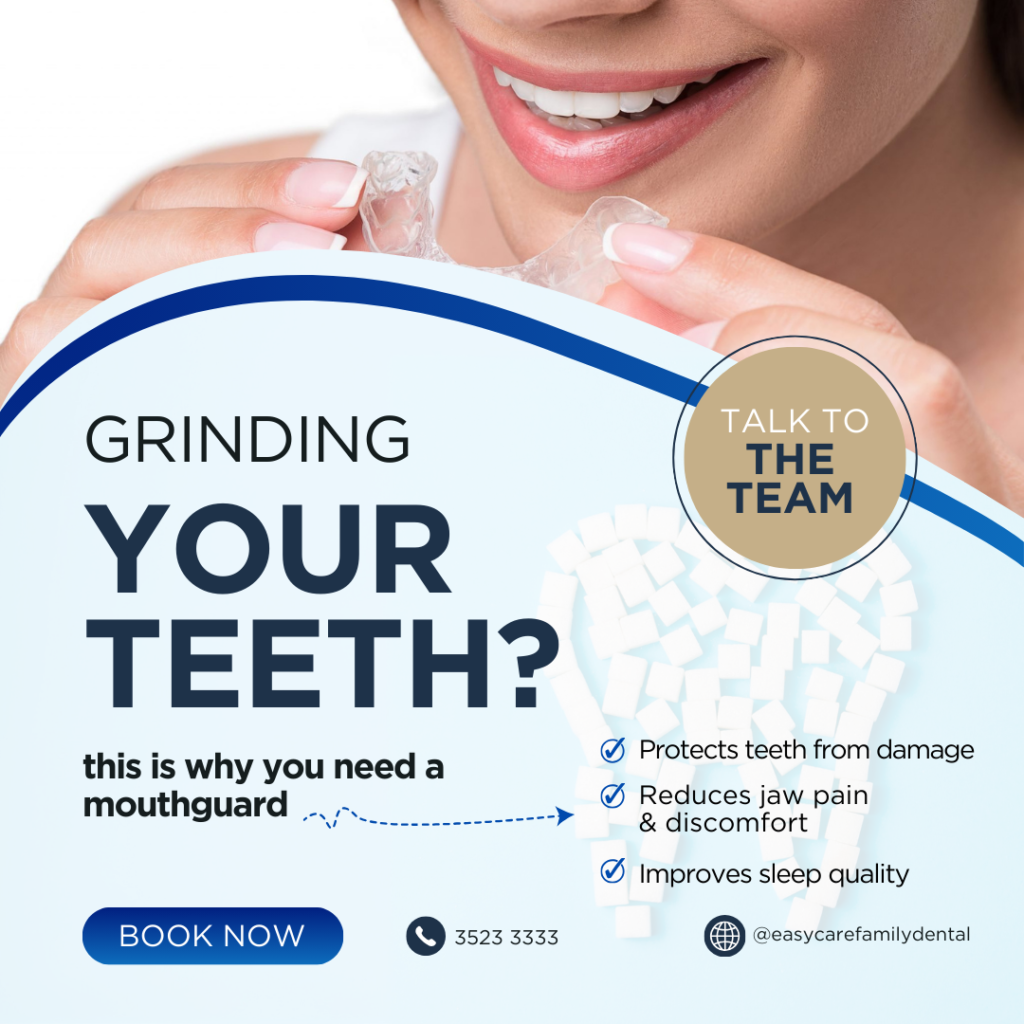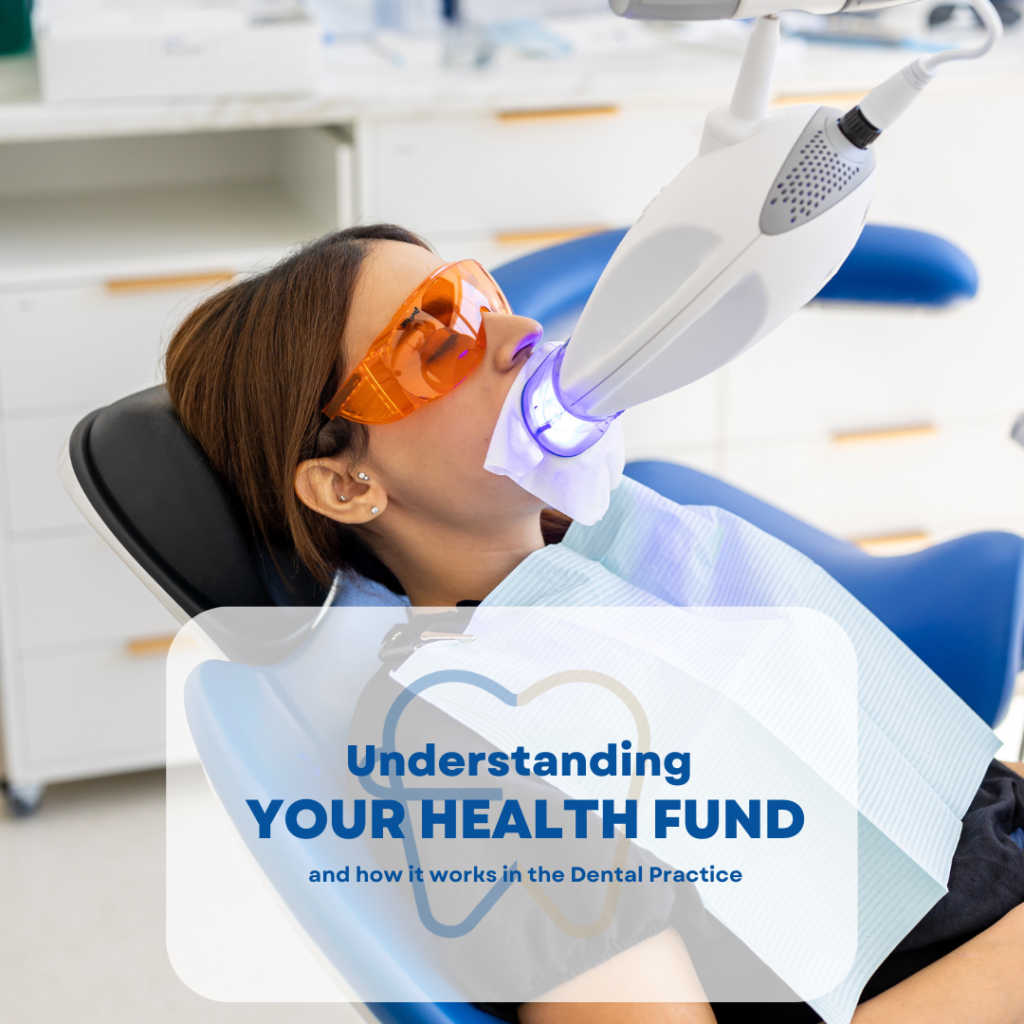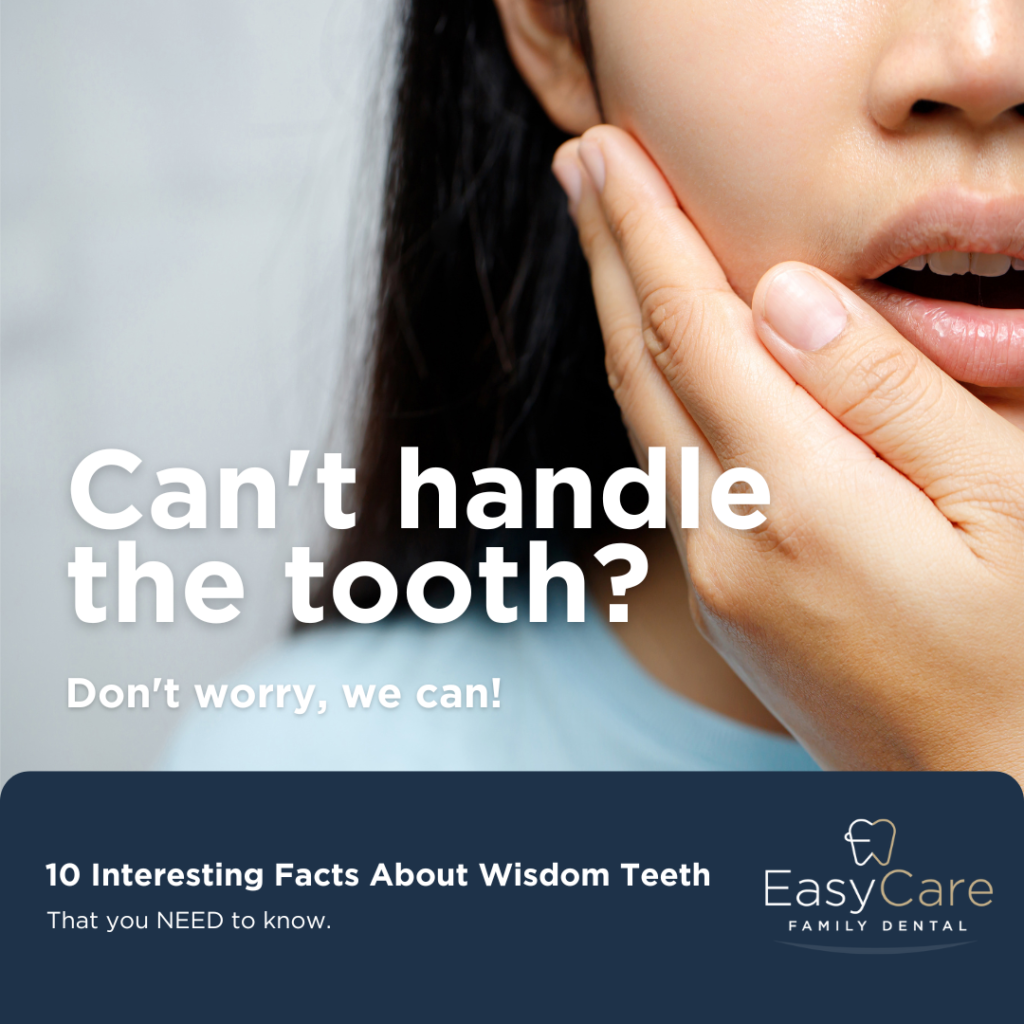Grinding Your Teeth? Here’s Why You Need a Night Guard (Occlusal Splint)
Teeth grinding, also known as bruxism, is a common problem that affects many people, often without them even realizing it. If you’ve ever woken up with a sore jaw, headache, or noticed wear and tear on your teeth, you might be grinding your teeth at night. Here’s a comprehensive look at why you need a night guard (occlusal splint), how your dentist can diagnose it, and answers to some of the most common questions about this issue.
1. What is Teeth Grinding (Bruxism) and Why is it a Problem?
Q: What exactly is teeth grinding, and why should I be concerned about it?
A: Teeth grinding, or bruxism, is the involuntary clenching, grinding, or gnashing of teeth. It can occur while you’re awake (awake bruxism) or while you’re asleep (sleep bruxism). Chronic teeth grinding can lead to a variety of dental problems, including:
- Tooth Damage: Worn down, chipped, or cracked teeth.
- Jaw Pain: Discomfort and pain in the jaw, neck, or face.
- Headaches: Frequent headaches, especially after waking up.
- TMJ Disorders: Issues with the temporomandibular joints, which connect your jawbone to your skull.
- Sleep Disruption: Poor quality sleep due to discomfort.
2. How Can a Dentist Diagnose Teeth Grinding?
Q: How does my dentist know if I’m grinding my teeth?
A: Dentists can diagnose bruxism through a combination of patient history, symptoms, and a thorough examination. Here’s what they typically look for:
- Tooth Wear: Signs of excessive wear, flattening, or chipping on the teeth.
- Jaw Issues: Tenderness in the jaw muscles or TMJ.
- Dental Damage: Unexplained tooth damage or loose teeth.
- Patient Feedback: Reports of jaw pain, headaches, or sleep disturbances.
In some cases, your dentist may recommend a sleep study to rule out other conditions like sleep apnea that could be contributing to the problem.
3. Why Should I Use a Night Guard (Occlusal Splint)?
Q: Why is a night guard recommended for teeth grinding?
A: A night guard, or occlusal splint, is a custom-made dental appliance designed to protect your teeth and jaw from the effects of grinding. Here’s why it’s beneficial:
- Protects Teeth: Prevents the wear and tear caused by grinding.
- Reduces Jaw Pain: Helps to alleviate tension and pain in the jaw muscles.
- Improves Sleep Quality: Can reduce disturbances caused by grinding and improve overall sleep quality.
- Prevents Further Damage: Helps to prevent long-term damage to teeth and gums.
4. How Long Should I Use a Night Guard?
Q: How long do I need to wear a night guard?
A: The duration for wearing a night guard varies depending on individual needs and the severity of bruxism. Some key points to consider:
- Long-Term Use: Many people need to use a night guard indefinitely to manage their symptoms.
- Regular Check-Ups: Regular dental check-ups are essential to monitor the condition and fit of the night guard and make necessary adjustments.
- Symptom Improvement: Some individuals may notice a reduction in grinding over time, but it’s crucial to consult with your dentist before discontinuing use.
5. Is a Night Guard a Cure for Teeth Grinding?
Q: Can a night guard cure my grinding issue?
A: A night guard is not a cure for teeth grinding but rather a management tool. Here’s what it does:
- Symptom Management: Protects teeth and alleviates symptoms associated with bruxism.
- Prevention: Helps to prevent further damage to the teeth and jaw.
- Underlying Causes: Addressing the underlying causes of bruxism, such as stress, anxiety, or sleep disorders, is essential for long-term management.
6. What Are the Signs That I Need a Night Guard?
Q: How do I know if I need a night guard?
A: Signs that you might need a night guard include waking up with a sore jaw, experiencing frequent headaches, noticing worn or damaged teeth, and having difficulty opening and closing your mouth due to jaw pain. If you experience any of these symptoms, it’s important to consult with your dentist for a proper diagnosis.
7. Can a Night Guard Help with Snoring?
Q: Will a night guard help reduce my snoring?
A: While night guards are primarily designed to prevent teeth grinding, some people find that they also help reduce snoring by positioning the jaw in a way that keeps the airway open. However, specialized devices designed specifically for snoring and sleep apnea may be more effective.
8. How Do I Clean and Care for My Night Guard?
Q: What’s the best way to clean and maintain my night guard?
A: To clean your night guard, rinse it with warm water after each use and brush it gently with a toothbrush and non-abrasive toothpaste. You can also soak it in a denture cleaner or a mixture of water and mouthwash. Store it in a ventilated case to keep it dry and prevent bacterial growth.
9. Can Over-the-Counter Night Guards Work as Well as Custom Ones?
Q: Are over-the-counter night guards as effective as custom-made ones?
A: Over-the-counter night guards can provide some level of protection, but they are not as effective as custom-made guards. Custom night guards are tailored to fit the unique contours of your teeth and jaw, providing better protection and comfort. Over-the-counter options might not fit as well, potentially leading to discomfort or inadequate protection.
10. Are There Alternatives to Using a Night Guard?
Q: What are the alternatives if I don’t want to use a night guard?
A: Alternatives to night guards include stress management techniques, behavioral therapy to reduce grinding, and addressing any underlying medical conditions like sleep apnea. In some cases, your dentist might suggest orthodontic treatments to correct bite issues. It’s important to discuss all options with your dentist to determine the best approach for your situation.
In summary, while a night guard won’t cure bruxism, it plays a critical role in protecting your dental health and improving your quality of life. If you suspect you might be grinding your teeth, it’s essential to consult with your dentist. They can provide a proper diagnosis and discuss the best treatment options for your specific situation. Remember, taking proactive steps today can prevent significant dental issues tomorrow. Stay informed, protect your smile, and sleep well!
Click here to BOOK NOW or call 3523 3333 to talk to our friendly team



